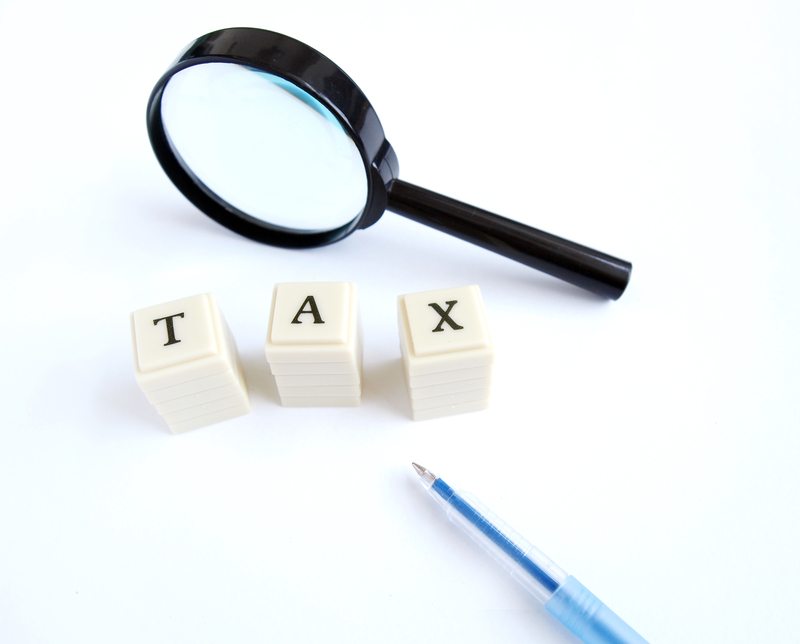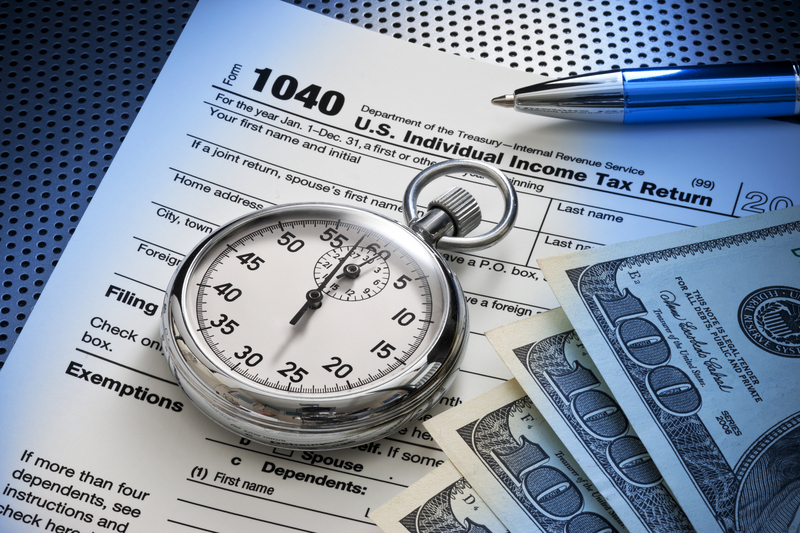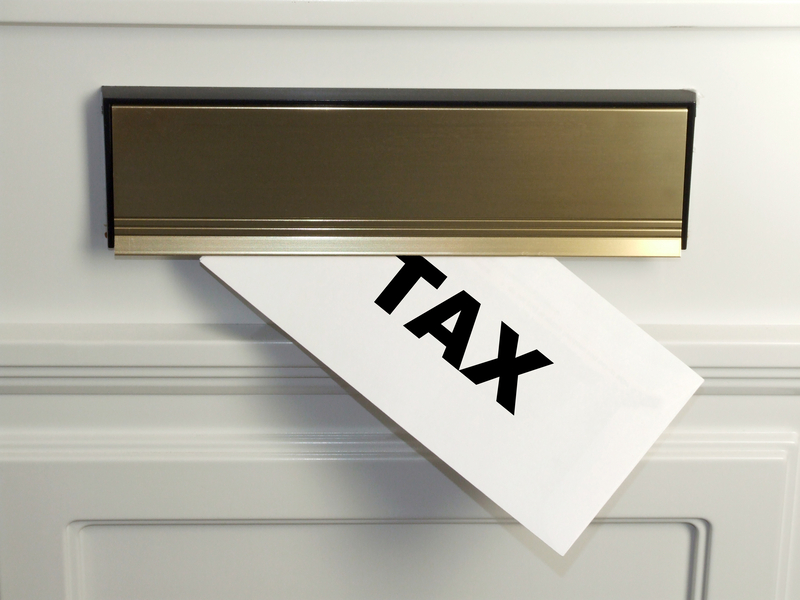Every business owner in America has an obligation to submit tax returns. The Internal Revenue Service (IRS) normally begins processing tax returns in the first month of every year. Sole proprietorship, which is a business usually owned and run by one person, submits its tax returns on April 15, which is the same as the individuals. While April 15 is the official tax deadline to file federal income tax returns, the date can be moved to the next business if it falls on a weekend.
The US government mandates that all businesses operating in America File a tax return within a predetermined due date. Failure to do this will invite penalties from the IRS. If you don’t submit tax returns, or even pay your taxes, you can be charged and sent to jail. Something that can be avoided by doing the right thing, which is, submitting your tax returns.
Federal income deadlines for annual returns
All business owners should make sure that their tax returns are submitted by a certain date. As a business owner, it is your responsibility to know on which day you should submit your tax returns.
- Sole proprietors are expected to file their income tax returns by April 15, 2021. This year 15th doesn’t fall on a weekend and it’s not a holiday this year, so the filing of the tax returns should be on the 15th of April.
- The estimated tax payments normally paid in consecutive quarters: April 15 and June 15 The fourth and final estimated payment for the 2020 tax year is due on Jan. 15, 2021.
- Partnership returns (IRS Form 1065)are due March 15, 2021. The extended deadline is Sept. 15, 2021.
- C-corporation income tax returns are due April 15, 2021, and the extended deadline is October 15, 2021
- S-corporation returns are due March 15, 2021, for corporations operating on a calendar year. The extended deadline is Sept. 15, 2021.
In order to avoid penalties always make sure that your tax returns are filed timely. Filing for taxes has become fairly easy. You can do your own tax return online. And it doesn’t even take long to do it. All you need is your tax code then the tax software will do the rest. Alternatively, you can hire a tax practitioner who can make sure that financial records are a true reflection of your business.









